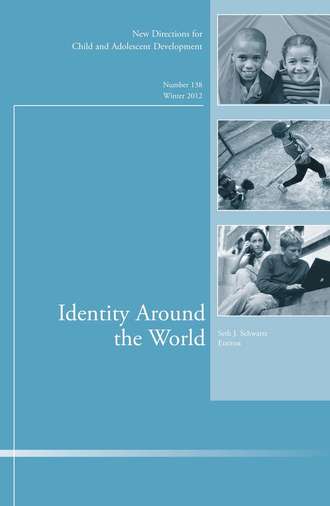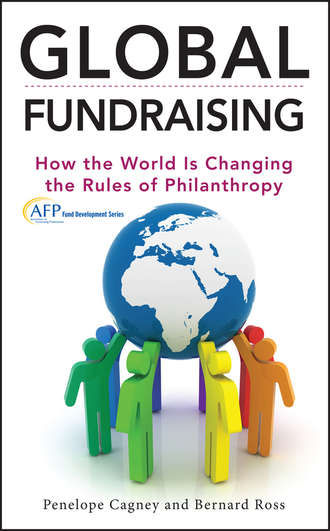Identity Around the World. New Directions for Child and Adolescent Development, Number 138
Seth Schwartz J.
Examine the structure and context of identity development in a number of different countries: Belgium, the Netherlands, Germany, Sweden, Italy, China, and Japan. While some identity development proceeds in much the same way across national contexts, this issue suggests that there are important nuances in the ways in which identity unfolds in each country. Macrocultural forces, such as permissiveness in Sweden, collective guilt in Germany, and filial piety in China, direct the identity development process in important ways. Expectations regarding obligations and ties to family also direct the identity development process differently in many of the countries included in this volume—such as extended co-residence with parents in Italy, lifelong obligations to follow parents' wishes in China, and democratic independence in Sweden. The various countries are compared and contrasted against the United States, where much of the early identity research was conducted. The volume also reviews specific identity challenges facing immigrant and ethnic-minority individuals in countries that receive large numbers of immigrants—Germany, Sweden, Belgium, the Netherlands, and Italy—and suggests many future directions for identity research in various parts of the world. This is the 138th volume in this series. Its mission is to provide scientific and scholarly presentations on cutting edge issues and concepts in child and adolescent development. Each volume focuses on a specific new direction or research topic and is edited by experts on that topic.
- Категория: зарубежная образовательная литература
- Правообладатель: John Wiley & Sons Limited
- Возрастное ограничение: 0+
- ISBN: 9781118614938
- Легальная стоимость: 2759.06 руб.





